Tehran(Bazaar): Noting that China is a reliable economic partner and ready to invest significantly in Iran, this agreement is a long-term strategy that will take some time for its effects to be visible and tangible, Andrew Korybko tells Bazaar in an exclusive interview.
He also says that this agreement hints that China envisions turning Iran into its West Asian hub for the Belt & Road Initiative (BRI), exactly as Pakistan is its South Asian one.
Following is the text of the interview:
Bazaar: In your opinion, what effects will the implementation of Iran-China agreement have on the Iranian economy?
Korybko: The agreement will take some time to see tangible effects for the Iranian economy, especially at the local level and for the majority of the population, so people shouldn’t have any unrealistic expectations about this.
While the details haven’t ever been published, the gist of what’s been widely reported makes it seem similar in spirit to the economic aspect of the Chinese-Pakistani Strategic Partnership. If that’s an accurate interpretation of this pact, then it suggests that both sides are aiming for the comprehensive improvement of the Iranian economy over the next two and a half decades. This hints that China envisions turning Iran into its West Asian hub for the Belt & Road Initiative (BRI), exactly as Pakistan is its South Asian one. In fact, both neighboring Muslim-majority countries’ economies could eventually become tied more closely together due to their shared Chinese partner and BRI roles.
Bazaar: The trip comes as the Vienna talks continue. Can the announcement of the implementation of the 25-year Iran-China cooperation document keep the Vienna talks open?
Korybko: Those talks likely don’t have anything to do with the timing of this trip or announced implementation of this document since it was originally agreed to early last year. Nevertheless, this development shows that Iran has credible economic options at its disposal even if the talks fail to result in the lifting of the US’ unilateral sanctions and its threatened secondary sanctions against all those like the Europeans who might violate the first-mentioned.
Iran therefore doesn’t need to make any unilateral concessions during these talks out of fear of having its economy suffer if it refuses. China has proven itself to be a reliable economic partner and is ready to invest considerably into the Islamic Republic. Once again, however, observers shouldn’t have any unrealistic expectations about how long it’ll take to begin to see tangible dividends. This is a long-term strategy that will take some time before its effects become visible and fully felt.
Bazaar: Why did China make this decision in the midst of negotiations?
Korybko: That’s explained in the answer above. It’s a pure coincidence and they’re not connected.
Bazaar: What is the importance of the proposed free trade zone between China and the GCC?
Korybko: China is an apolitical global leader that doesn’t take sides in any regional countries’ disputes. It sincerely endeavors to have excellent economic ties with all in the hopes that connecting everyone closer together through trade and investment can reduce the risks of any given partner in this global Silk Road network taking unilateral action against any other one out of fear that they’d also suffer costs from doing so. The grand strategic goal that China seems to be pursuing in West Asia is to cultivate equally excellent trade ties with rival parties – in this case the GCC and Israel on one hand and Iran on the other – in order to inspire all parties to focus more on developmental, economic, financial, and investment issues instead of preparing for war against one another. The proposed free trade zone between China and the GCC therefore seems to be a serious step in that ultimate direction.
Bazaar: Some time ago, the CCN News Network reported on the transfer of Chinese ballistic missile production technology to Saudi Arabia. Is China trying to play a US-like role in the Persian Gulf?
Korybko: That news was actually exclusively reported by CNN and it remains to be confirmed. The US’ intentions in highly publicizing those unverified reports obviously weren’t innocent but were meant to raise suspicions about China’s and Saudi Arabia’s military ties with one another after they already began cooperating on drones a few years back. Since that report remains speculative, it’s difficult to tell exactly what’s going on.
That said, China’s military ties with all countries strictly adhere to its international obligations. It also doesn’t discriminate against any friendly country by withholding requested cooperation if it believes that its partner is responsible. That’s why the People’s Republic sells drones to the Wahhabi Kingdom while simultaneously cultivating closer strategic economic ties with the Islamic Republic. China has no intent to pit countries against one another. Its ties with one aren’t at the expense of any other.





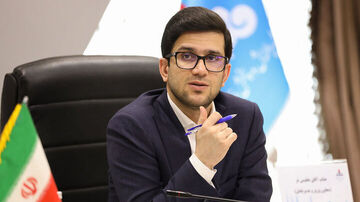

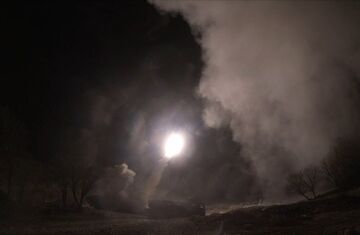


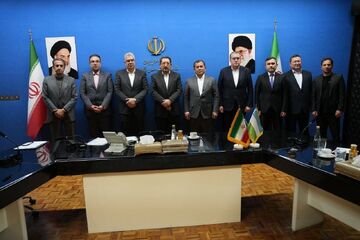
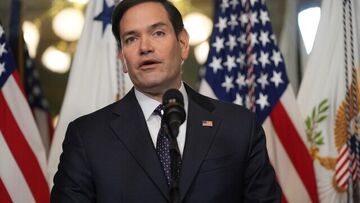
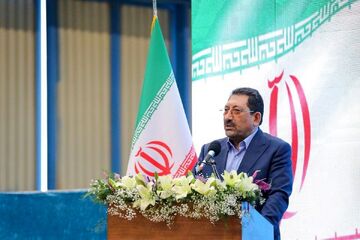


نظر شما